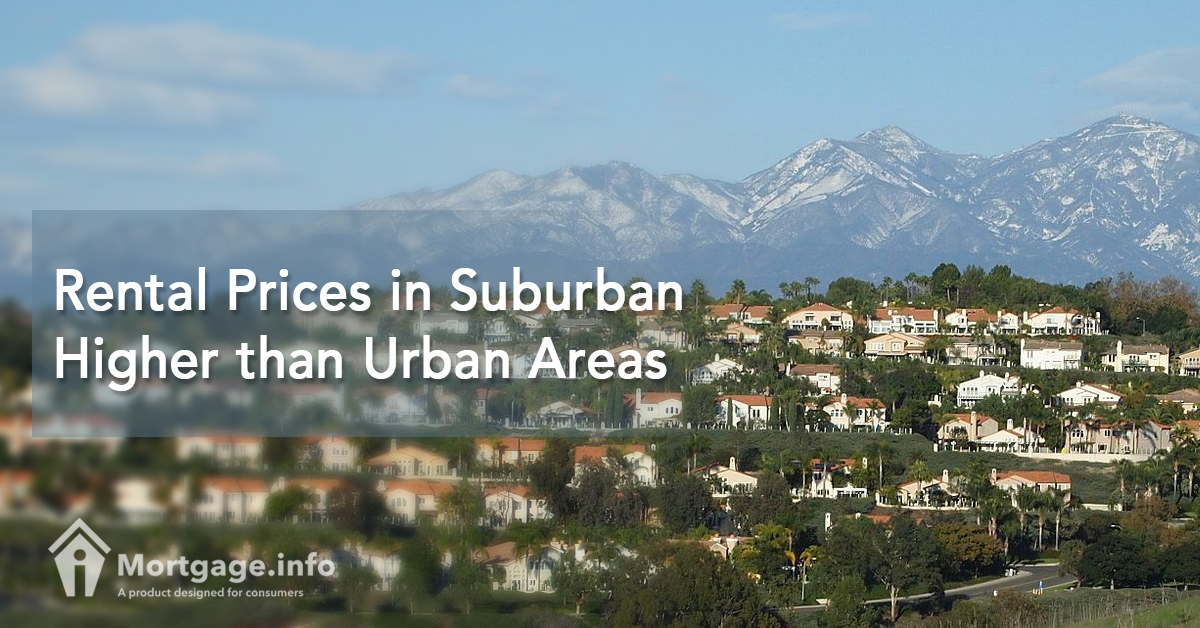The average monthly cost for the suburban rental hiked up by 2.5 percent while the urban average cost for rental rose by 2.3 percent. This new data released by Zillow is established on a year-over-year basis.
This new trend in the rental market may have been caused by the diminishing affordability of urban rental. Before, much of the volume of renters are drawn into areas near amenities for their convenience. This is why rental prices were higher in cities than in the suburban districts.
Now, even single-family units are rentals, now at 19 percent from 13 percent in more than a decade. As more formerly urban renters move to the suburbs in coming years, we’ll likely start seeing more apartment buildings and walkable amenities popping up in those communities,” Zillow Chief Economist Svenja Gudell said.
>>Looking for affordable mortgage deals? Click here>>
Renting VS. Home Ownership
Choosing between renting or owning a home is a big decision that many adults need to make.
Because buying a home would entail a significantly large amount of money, many who are planning to live independently start by renting. Moving up the career ladder, Saving more money, they would then upgrade to purchasing a home.
There are advantages and disadvantages to both. The choice, therefore, highly depends on where you can get the most out of your money.
Buying a home, you can build your equity over time. As you continue to pay your mortgage, your home’s equity also rises. There are also tax deductions and other benefits exclusive for homeowners. However, owning a home can also cost you more money. There is the cost of maintenance and repairs and the risk for financing loss in case the home values in your area plummets.
When you rent an apartment, you do not need to think of the maintenance and repair costs. If in case you need to move out on such a short notice, you may do so without having to worry about selling the property. As opposed to home purchasing, the credit requirements are generally less stringent for rentals.
The downside for renting is having no equity building with the monthly payments you are making. And no matter how big the total rent you have been paying, the property will never be yours. You also will not be able to enjoy any federal tax benefits if you are renting.
Many individuals transition from renting to owning a house once their financial resources become more stable. And as they reach their golden years, some downsize their homes. Retirees sell their properties and choose to go back to renting once again.
Lenders can provide you with detailed information on how much it costs to buy a residential property. You can then use this information to assess whether it is now time to own a house or not.

